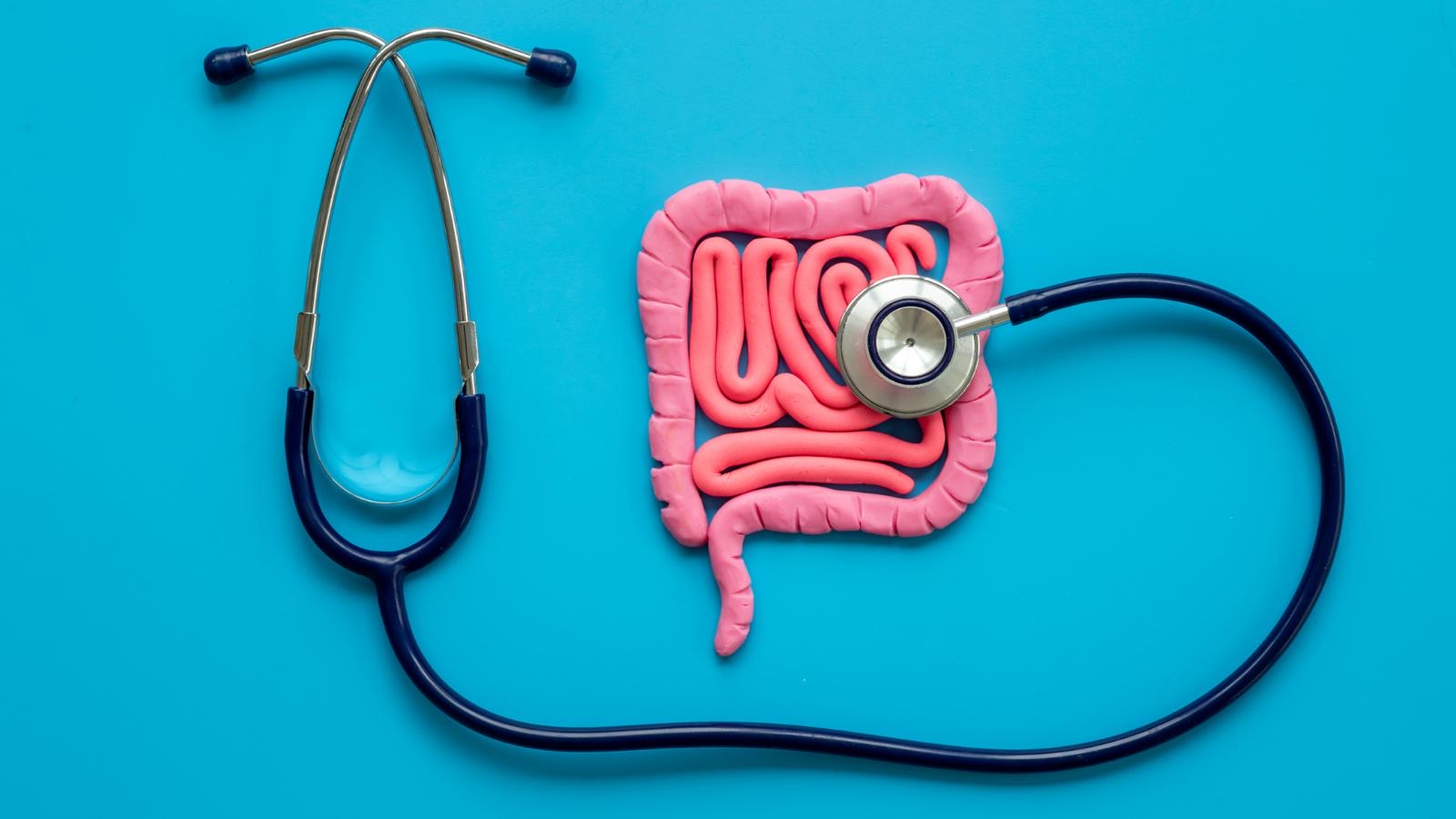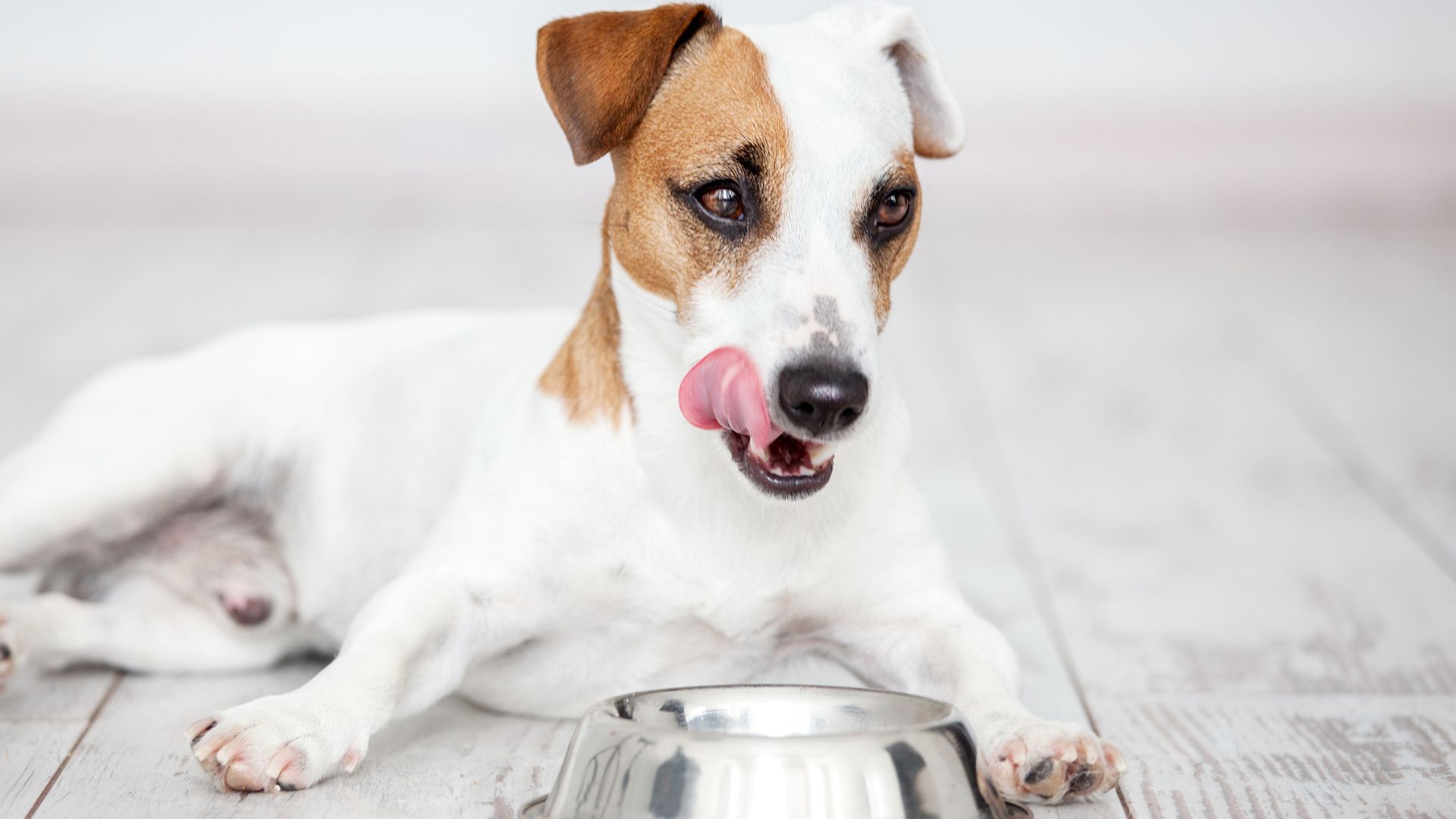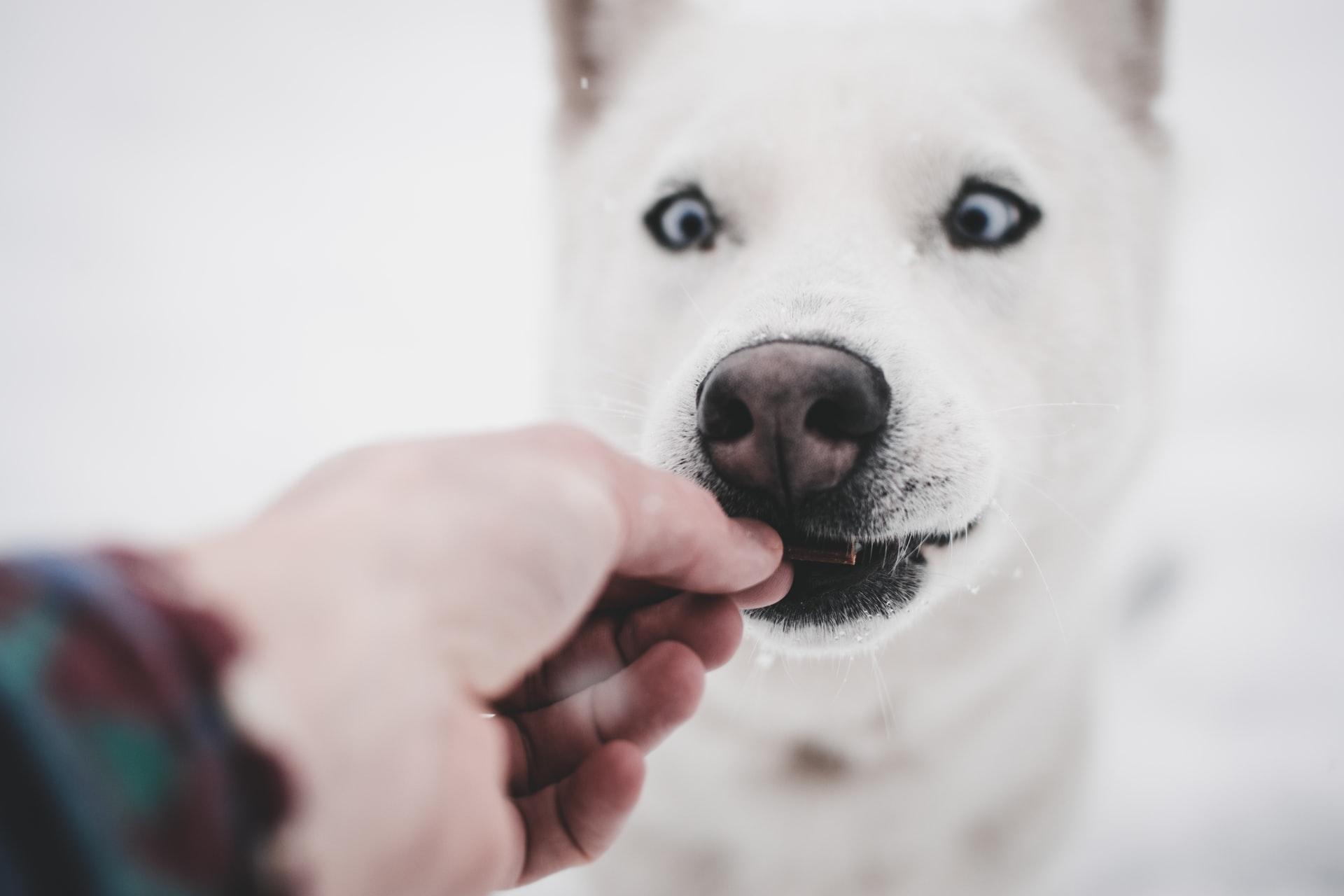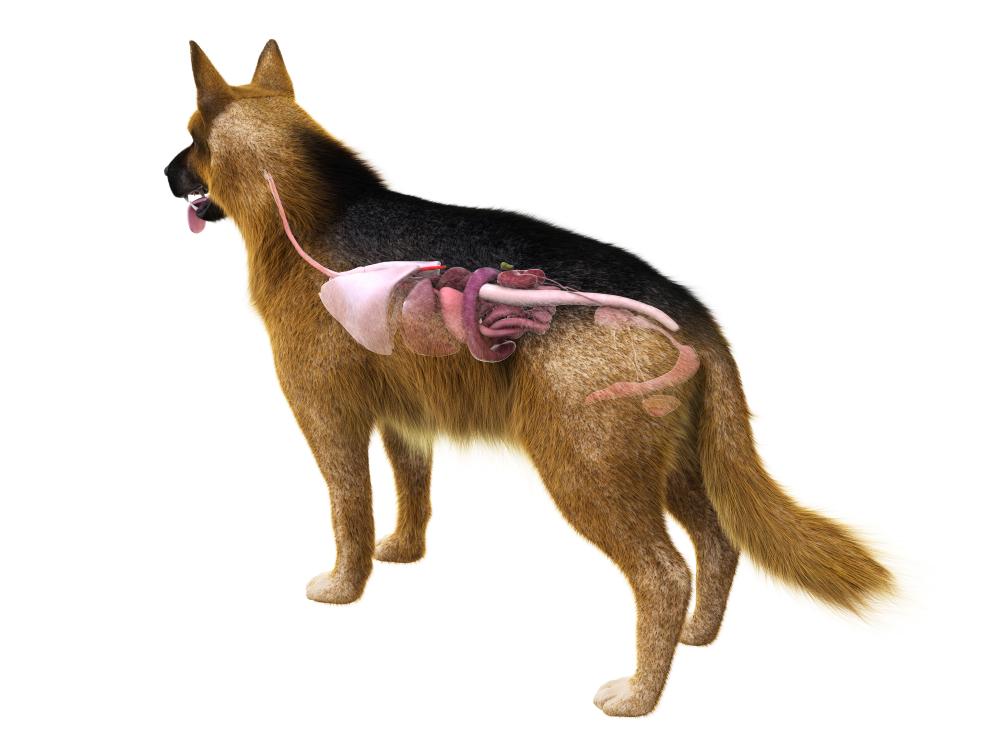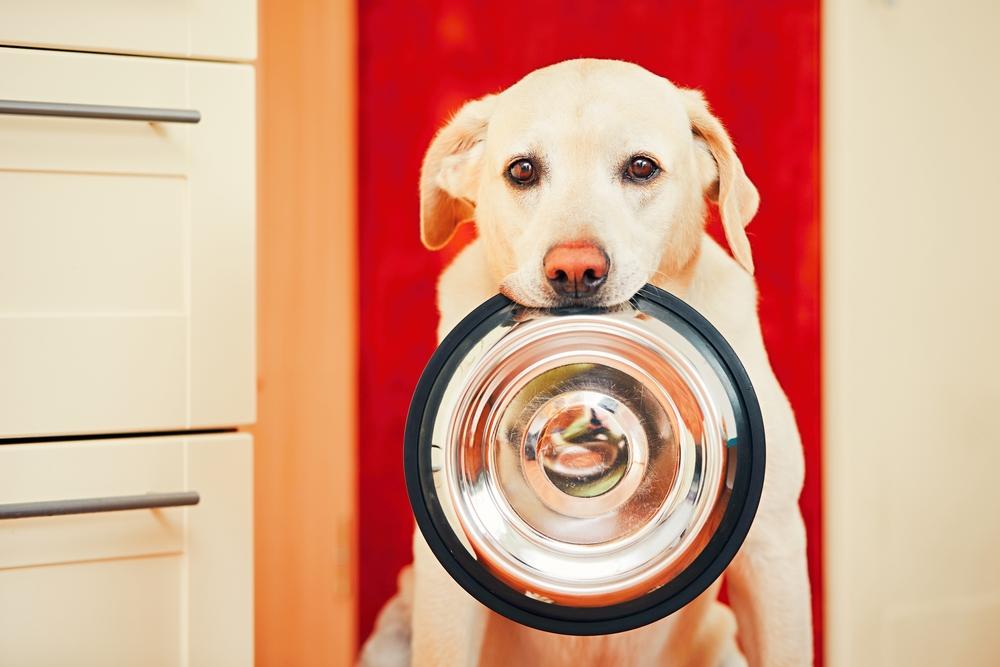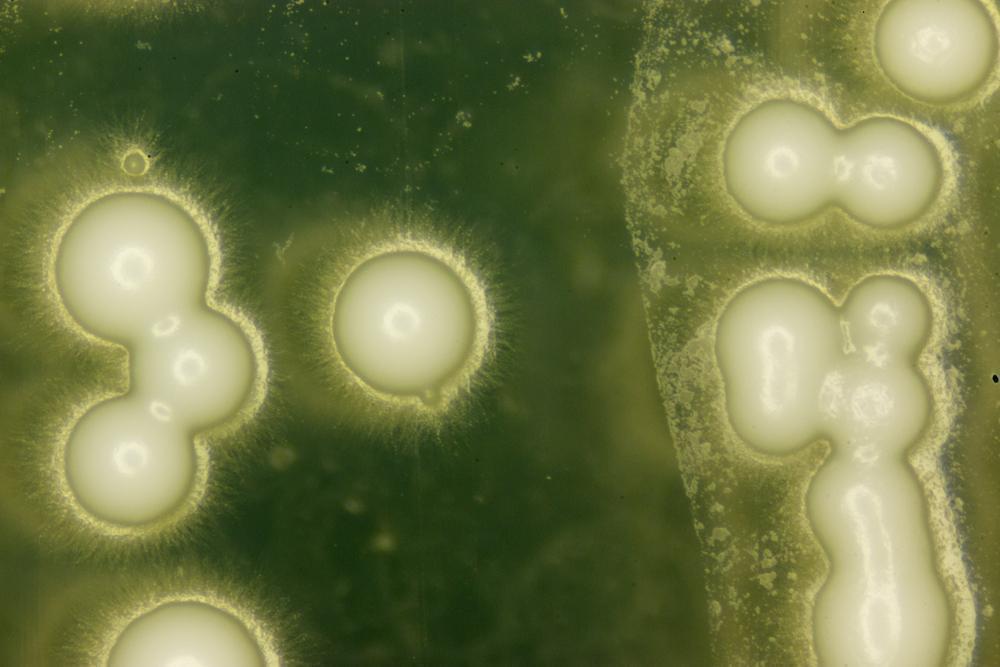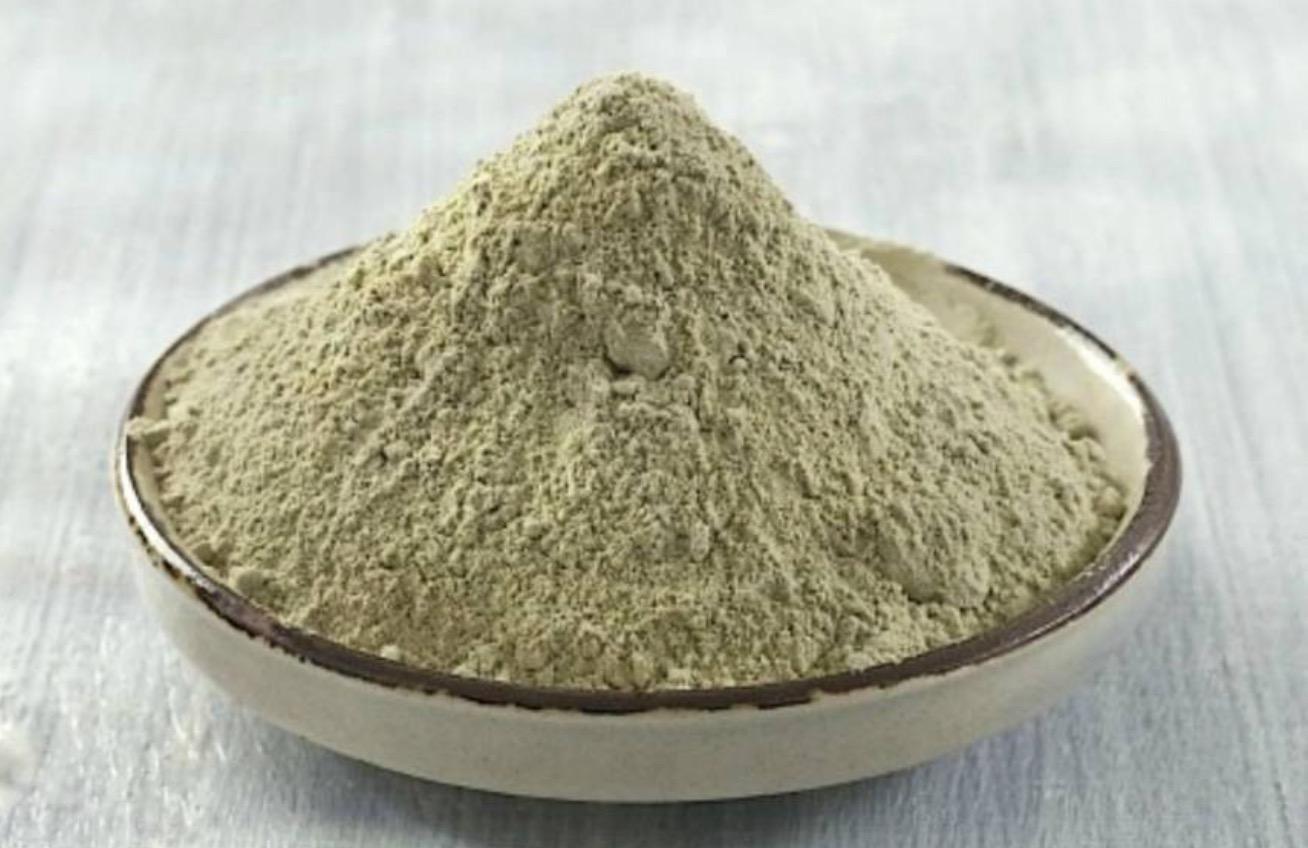Here at My Pet Nutritionist, we often get dog owners wondering why their dog is often sick. In this blog we will explore the reasons a dog may vomit.
Acid reflux
One of the most common problems we tend to see here at My Pet Nutritionist, is Acid Reflux. Acid Reflux usually occurs due to low stomach acid levels, which cause the mixture of partially digested food (scientifically known as Chyme) to sit in the stomach.
Other than sickness, other symptoms of Acid Reflux include:
- Lip or air licking
- Burping
- Stretching the head back
- Gurgling stomach
- Bad breath
- Increased salivation
To read more on Acid Reflux, read our guide:
Natural Guide for Acid Reflux in Dogs
BOAS
Brachycephalic Obstructive Airways Syndrome is a condition suffered by many brachycephalic breeds, including pugs, French bulldogs, English bulldogs, and many others. We see this condition a huge amount of the time in such breeds, and most require surgery to be able to breathe properly.
Sickness is often a symptom of BOAS, as due to the poor conformation of the airways, regurgitation is common. As the dog struggles to breathe, there’s a negative pressure created, which often causes acid reflux, and therefore, sickness.
If your dog is a brachycephalic breed, and snores, breathes noisily, brings up phlegm, is regularly sick, is unable to regulate body temperature, and/or sleeps with their head propped, or with a toy in their mouth, it is highly advisable to get them booked in with a soft tissue specialist as soon as possible.
Findings Here
Findings Here
Findings Here
Hunger Pukes
Usually yellow in colour, or foamy, hunger pukes happen when the stomach is empty for too long, causing bile to be excreted. They usually happen overnight.
This is common in puppies, and older dogs, but many adult dogs also suffer from them. Some dogs are happy to eat once a day, but others must eat at least twice per day in order to stop hunger pukes happening.
Those who suffer with hunger pukes may be given a small snack before bed to ensure there’s something in the stomach overnight until the next meal.
Findings Here
Findings Here
Sickness Bugs/Gastroenteritis
Probably the most obvious reason for sickness, viral or bacterial stomach bugs often spread through the dog population. While sickness bugs are usually not the cause of ongoing sickness episodes, they can cause imbalances to the gut microbiome, which can result in regular episodes of sickness.
If your dog has a sickness bug, ensure to feed small, but frequent portions of bland food such as sweet potato and cooked chicken, turkey or white fish. Many veterinarians recommend feeding rice as part of a bland diet;
here’s why we don’t!
Bone broth can be a great addition to the regime of a dog recovering from a sickness bug as it is packed full of nutrients, and can also stimulate the dog’s appetite.
Findings Here
Giardia/Worms
Internal parasites may be a cause of your dog’s ongoing sickness. It’s super important to carry out regular wormcounts, even if you chemically treat for worms as these are not preventatives.
Giardia is a protozoan parasite, and can be tricky to get rid of. If diagnosis is not very soon after contraction of the parasite, giardia can cause giardiasis, which is a condition where cysts form on the gut, causing major gut damage, and subsequent episodes of sickness and diarrhoea.
Dogs who have suffered from giardiasis may require a cooked diet over a raw one, and will require a lot of gut work using a mucilage herb which suits the individual dog. Many do very well on Marshmallow Root.
Findings Here
Findings Here
Poor Gut Health
Blockages
Blockages and stenosis (walls closing) in the gut can cause sickness. Where food is unable to properly digest due to a blockage, the chyme sits in the stomach, and is often expelled from the mouth. Blockages require a veterinary check up immediately; so if you suspect one, please seek veterinary assistance as soon as possible.
Findings Here
Allergies/Intolerances
A common topic here at My Pet Nutritionist, dogs with intolerances and allergies will often show sickness as a symptom of an item of food disagreeing with them.
During a reaction, the body creates an inflammatory response, which also affects the stomach, and therefore causing sickness. Not all dogs who suffer from allergies or intolerances are sick as part of their symptoms, but many individuals are.
Leaky Gut
When the gut is damaged, so many parts of the body can be negatively affected. When a patient has Leaky Gut, the barrier cells in the gut wall which usually keep it tightly closed, begin to open so a space forms between them, allowing for food particles and toxins to leak into the bloodstream.
Because toxins leak from the gut, nausea is a common symptom of leaky gut, and so sickness is not uncommon in those suffering with it.
To learn more about leaky gut,
read our blog here!
Unsuitable Diet
Feeding the wrong diet for your dog may be a huge contributing factor as to why your dog may be regularly sick. The pet food market can seem like such a minefield, especially when large dry food companies often have a great marketing team at the helm. While every dog is an individual, and what suits one best may not be the best option for the next dog, there are some reasons why feeding a dry food diet long-term could cause recurrent episodes of sickness.
Kibble is extremely drying on the body. To enable good gut motility, moisture in the diet is incredibly important. Most kibbles are around 10% or less moisture, which contributes to the inability to shift the food efficiently through the digestive tract. When it sits in the stomach for extended periods of time, it is very often expelled as vomit.
The high carbohydrate content of kibble may also cause sickness as such carbs are not easily digestible for our canine counterparts, causing them to sit in the stomach for longer.
To read more about a dog’s carbohydrate needs,
read our blog here!
Cancer/Underlying Health Conditions
Unfortunately, recurring sickness can also be a sign of other health conditions including cancer, pancreatitis, heart conditions and even dental conditions such as periodontal disease.
Those with cancer may experience sickness depending on the type of cancer, and the size of the tumour. If your dog is regularly unwell, and has any other changes in behaviour or wellness such as rapid weight loss, excessive discharge from various parts of the body including eyes, nose and anus, lethargy, unexplained stiffness, bloody phlegm or any other unusual symptoms, seek veterinary attention as soon as possible.
Many dogs with undiagnosed or uncontrolled pancreatitis may present with regular or explosive sickness. When the pancreas is overworked, food digestion is massively slowed, causing sickness as the food sits in the gut. Dehydration can occur very quickly, so swift diagnosis and treatment is required.
Dogs suffering with heart conditions such as Congestive Heart Failure (CHF) or Dilated Cardiomyopathy (DCM) will often show sickness as a symptom. This is because fluid collects in various parts of the body, including the heart, lungs, and abdomen. When fluid collects in the abdomen, the body naturally expels it as vomit.
Periodontal disease may seem an odd cause of sickness, however the bacteria which grows in the mouth of a dog with dental disease, enters the blood stream and travels to various parts of the body. Just like a healthy gut, healthy gums are important for general health and wellbeing. The bacteria from infection can cause sickness.
To read more about dental care in dogs,
read our blog here!
Findings Here
Findings Here
Findings Here
Findings Here
Incorrect Medication or Dosage
If your dog’s sickness aligns with the introduction of a new medication or change in dosage, seek veterinary assistance as soon as possible as the medication or dosage may not be suiting your dog! They may offer a different medication or a lower dose.
For a dog who is regularly sick, you may wish to consider feeding our low fat fish recipe, which can be
found here!
If your dog is vomiting regularly, whether it’s alongside other symptoms, or the only symptom, contact your veterinarian, and please don’t hesitate to contact one of our team for a consultation! Take our quiz to find out which service you may need!
Team MPN x




